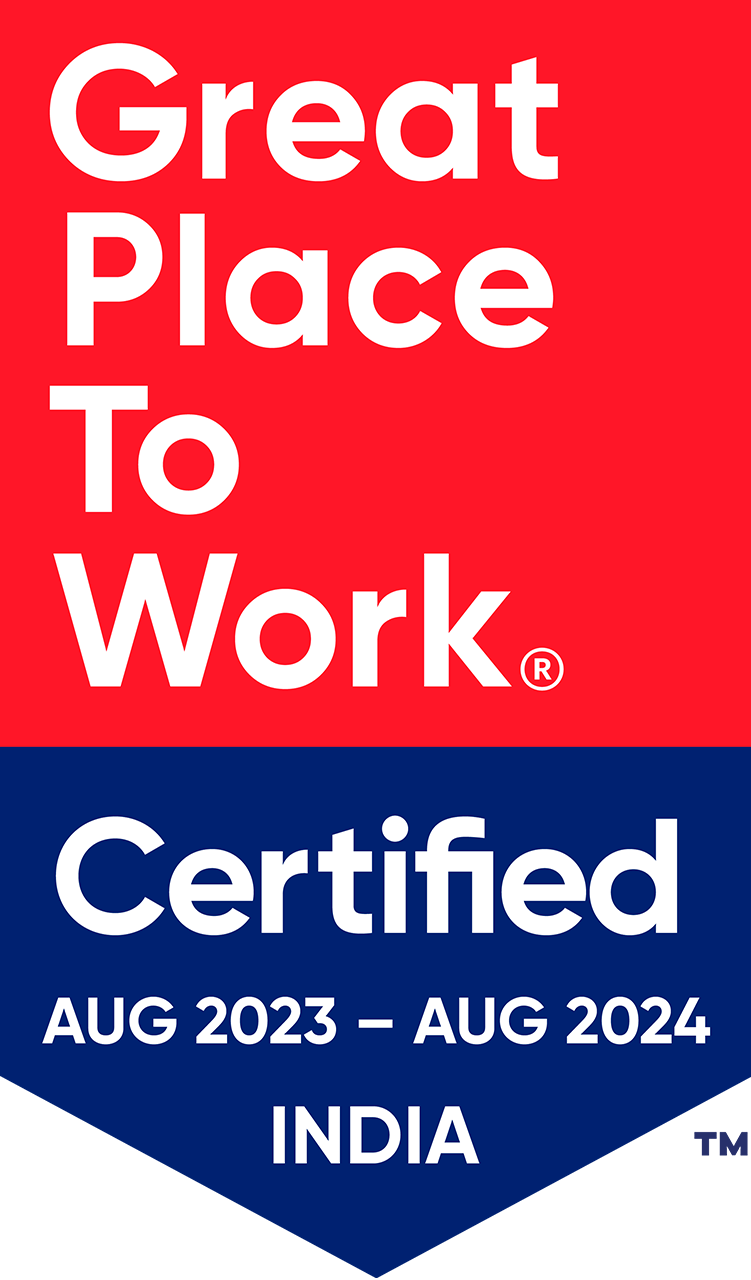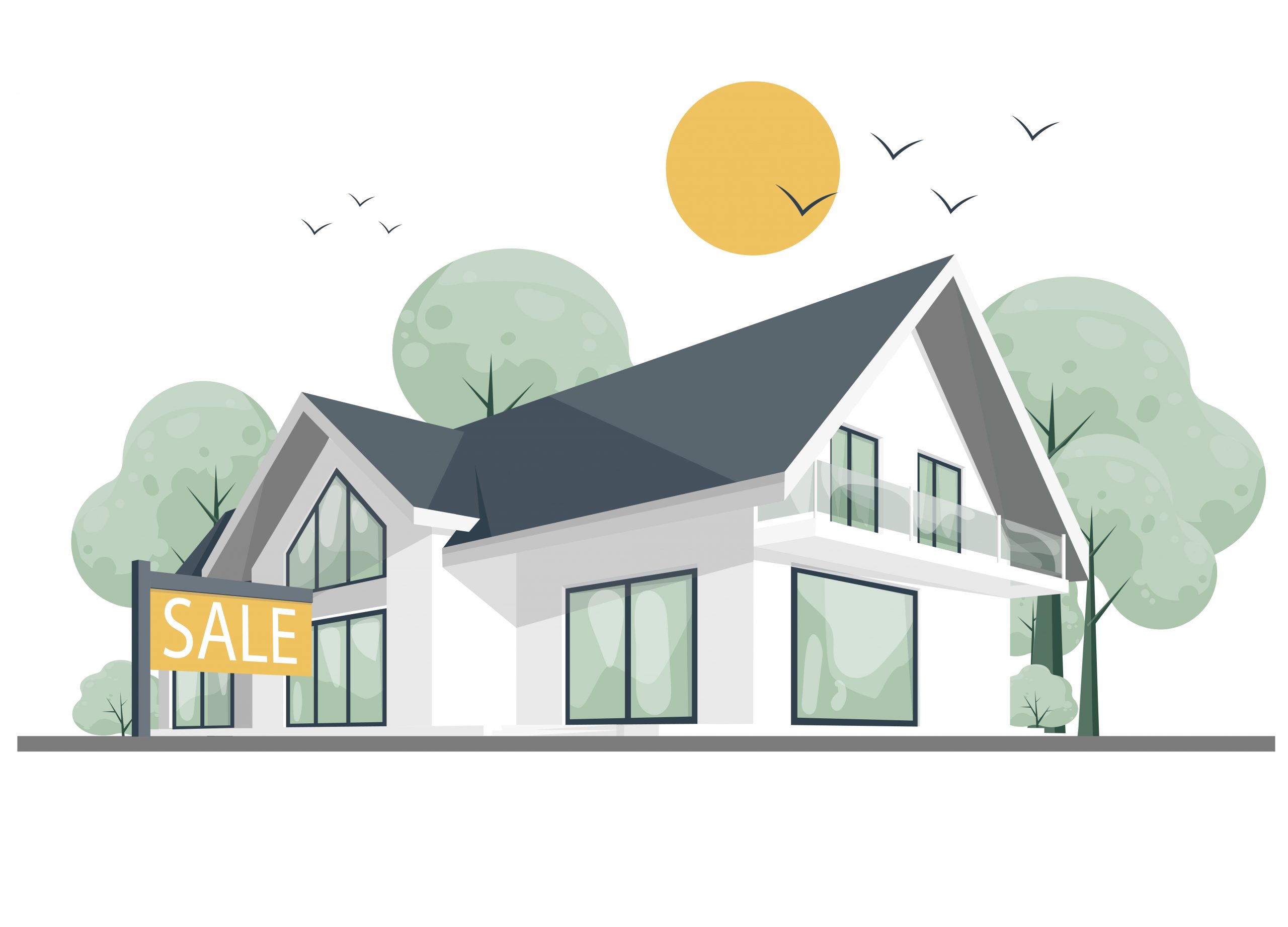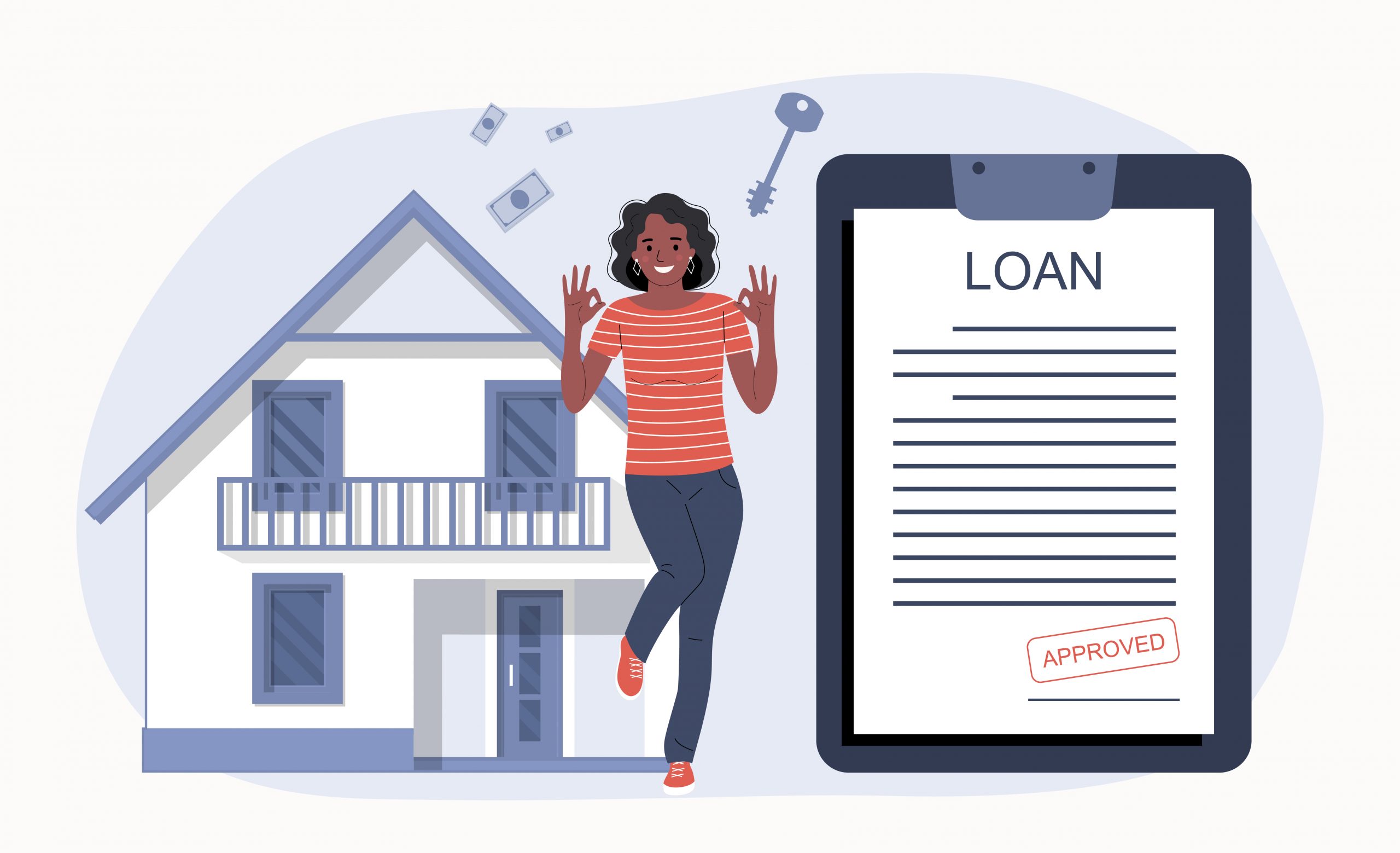Can you get a home loan when you have a low income?
Yes, you can. If you are having trouble getting a home loan approval because of your income, you are not alone. Many first-time homebuyers have the same problem and find that they can’t get the money they need.
That doesn’t mean that you should give up on the idea of homeownership. If you are wondering about the options for people who want to own a home but can’t get approved for one because of their low income, then keep reading.
1. Take joint loans
One of the most widely used ways to increase the chances of getting a home loan is to jointly apply with one’s spouse or a co-applicant. This substantially increases eligibility and even comes with added benefits. This is especially useful if your income is low and that’s a barrier to getting your home loan approved.
You can apply for a joint loan if you want to combine your opportunities with someone else’s.
2. Opt for a step-up home loan
Another option to get a home loan for low-income families is to opt for a step-up loan. Step-up home loans can be a good option for many young professionals who want a home loan but have not yet been able to have a high disposable income. However, you should know that the lender will have a stringent check on your profession and future prospects to determine eligibility.
Don’t be left behind when it comes to your home loan. Most people are unaware of the step-up home loan option and can get much better value for their house. If a person goes for a regular tenure home loan, it may come to an end when his income starts stagnating and there is no possibility of getting it revised. But in case you choose a step-up home loan, you can scale up your eligibility by 20 percent; thereby enabling you to opt for a bigger home with a higher value.
3. Show some additional source of income, if possible
If you are getting some additional income, say rental income or business income, then that can also help increase your home loan eligibility. Additional income can increase your home loan eligibility in two ways.
The first is by increasing your regular income, and the second is by reducing your fixed costs. And, if you are living with your in-laws, the additional income of your parents-in-law will help boost your eligibility.
4. Take a loan against property or existing assets
Whether you are an individual looking for a home loan or a self-employed professional and your monthly income is low, you can still own your dream home by taking a home loan against property. It is easy to get approved for a home loan against the property because it does not require any guarantor, co-applicant or annual income proof. Also, if you wish to own your own property, you will often have to rely on bank loans and home loans. This is because the majority of loans are against secured properties, i.e., a house!
You may not have the required amount of money but if your home has enough equity, you can rest assured of making a bigger down payment, thus boosting loan eligibility and eventually increasing your borrowing limit.
5. Take advantage of government schemes and favourable financial institutions
Getting a home loan is never easy, and to make matters worse, all the banks are flooded with queries and documentation for their limited schemes. You might wonder why everyone chooses to get home loans from private banks.
They offer higher interest rates and shorter tenure periods than government-backed banks. However, if your income is low, you can take advantage of government schemes and take housing finance loans from institutions that are aimed towards making financing opportunities available for low-income families.
One such financial institution is Agrim Housing Finance. They help empower people in the informal economy by helping them find a home of their own. They make homeownership a reality for those who need access to credit but do not qualify under the traditional financial framework.









